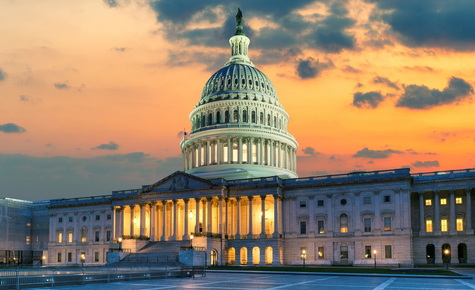 The House Ways and Means Committee may release a tax-focused economic growth package in June after a final resolution is reached between President Joe Biden, House Speaker Kevin McCarthy (R-CA), and their negotiation teams on the debt ceiling. The intense talks on federal spending limits have less than a week before the Treasury Department estimates the nation may default on its debt obligations. (Wall Street Journal, May 25 | PoliticoPro, May 23 | Roundtable Weekly, May 19)
The House Ways and Means Committee may release a tax-focused economic growth package in June after a final resolution is reached between President Joe Biden, House Speaker Kevin McCarthy (R-CA), and their negotiation teams on the debt ceiling. The intense talks on federal spending limits have less than a week before the Treasury Department estimates the nation may default on its debt obligations. (Wall Street Journal, May 25 | PoliticoPro, May 23 | Roundtable Weekly, May 19)
Tax Measures & CRE
- The House Republican tax package is about 90% complete and “buttoned up pretty tight,” according to Ways and Means Member Kevin Hern (R-OK). “We’re making sure that we don’t disrupt any of the debt limit conversations and distract from that, but it would be ready to go very quickly,” Hern said. (Tax Notes, May 24)
- Ways and Means Committee Member Randy Feenstra (R-IA) commented that the package will likely include measures that expired last year, including full bonus depreciation and certain taxpayer-favorable rules related to the deductibility of business interest under Section 163(j)—both supported by The Real Estate Roundtable. (PoliticoPro, May 23 and BGov, May 25)
- Under the Tax Cuts and Jobs Act (TCJA) of 2017, 100% bonus depreciation applies to capital investments made between 2018 and 2022 (as well as capital improvements made to the interior of nonresidential buildings). However, the bonus depreciation benefit began phasing down this year. In addition, real estate businesses that elect out of TCJA’s limits on business interest deductibility do not qualify for the bonus depreciation benefit.
- The House tax package is expected to extend 100% bonus depreciation through at least 2025, allowing many taxpayers to continue immediately expensing qualified interior improvements. Moreover, by reinstating certain expired provisions from section 163(j), the tax bill would allow more real estate businesses to avail themselves of the bonus depreciation benefit without inhibiting their ability to deduct their business interest expense.
Additional Provisions and TCJA Permanency

- The economic growth package could also include provisions extending the enhanced child tax credit and the deductibility of R&D expenditures. Housing-related measures, such as an expansion of the low-income housing tax credit, are also under consideration.
- Separately, the Ways and Means Committee may also consider the TCJA Permanency Act (H.R. 976), reintroduced by Committee Vice Chairman Vern Buchanan (R-FL) in February. The bill would permanently extend TCJA provisions scheduled to sunset at the end of 2025, including the 20 percent deduction for qualified pass-through business income (Section 199A). (Tax Notes and Roundtable Weekly, Feb. 24)
- While a TCJA permanency bill is likely dead on arrival in the current Senate, the House economic growth tax package could be the starting point for bipartisan negotiations with congressional Democrats on a limited number of tax and economic priorities as the year further unfolds.
House Ways and Means Committee Chairman Jason Smith (R-MO) will be a guest at The Roundtable’s June 13-14 all-member Annual Meeting and policy adivisory committee meetings will include discussions on a debt ceiling agreement and potential tax legislation.
# # #

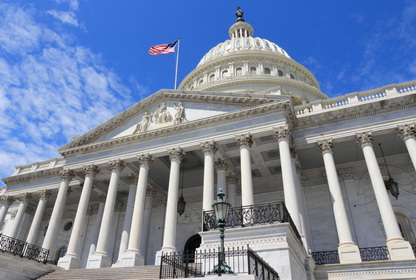



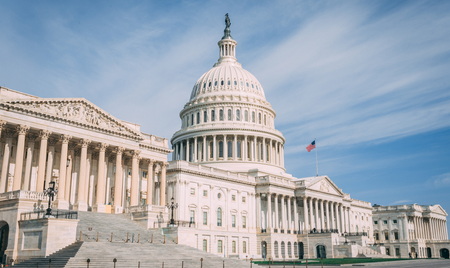
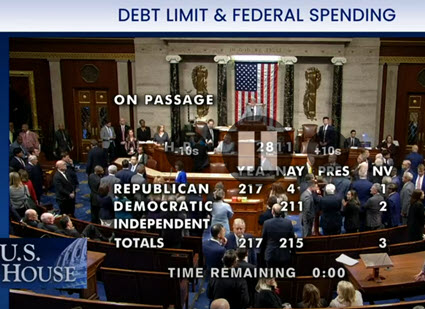

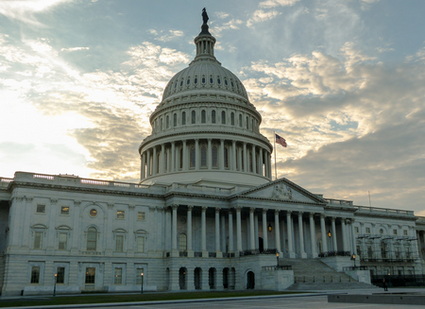





 The House of Representatives is expected to pass a Senate-approved $1.65 trillion fiscal 2023 bill by tomorrow to avert a government shutdown. President Biden needs to sign the
The House of Representatives is expected to pass a Senate-approved $1.65 trillion fiscal 2023 bill by tomorrow to avert a government shutdown. President Biden needs to sign the  This week, Congress passed a government funding extension package until Dec. 23 while appropriators continue working on a $1.7 trillion FY2023 “omnibus” spending deal that they may unveil on Monday. (
This week, Congress passed a government funding extension package until Dec. 23 while appropriators continue working on a $1.7 trillion FY2023 “omnibus” spending deal that they may unveil on Monday. (